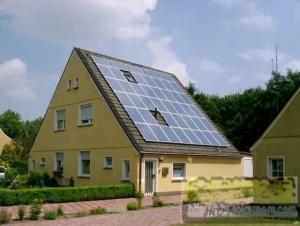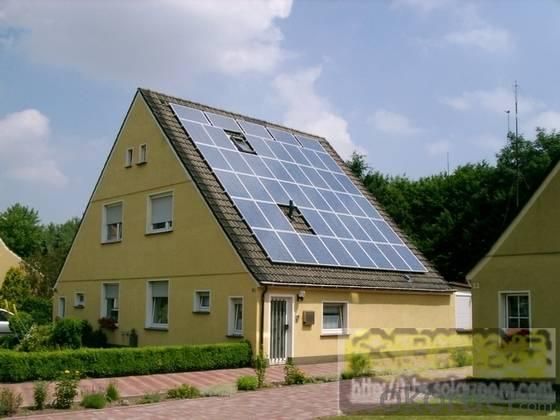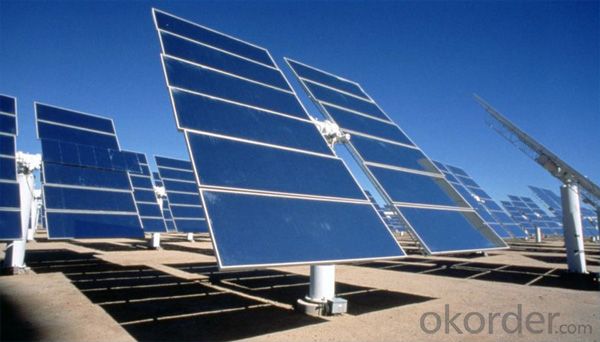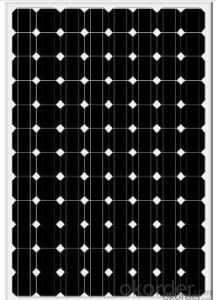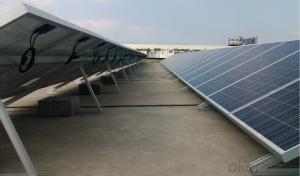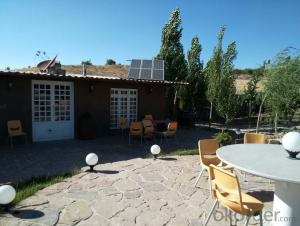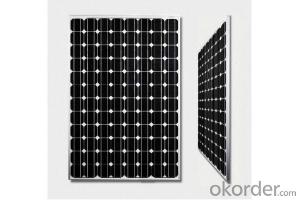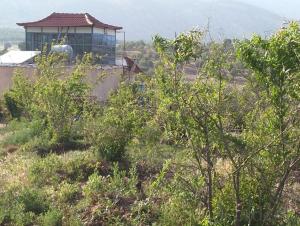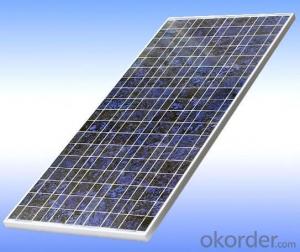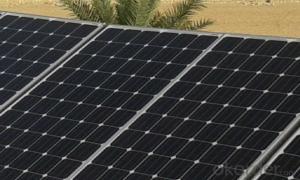Buy Home Solar Panels - UL and TUV Approved High Efficiency 65W Mono Solar Panel
- Loading Port:
- Shanghai
- Payment Terms:
- TT OR LC
- Min Order Qty:
- 10000 watt
- Supply Capability:
- 20000000 watt/month
OKorder Service Pledge
OKorder Financial Service
You Might Also Like
Specification
1.The Description of Product
Nowadays, with the shortage of the energy sources, people start to develop the solar energy, a new long lasting sources of energy which can be used almost anywhere. Why solar energy become so popular, we summarized the below some advantages of solar energy.
Type | CNBM Solar Polycrystalline Series |
Materials | Silicon |
Guarantee | 12 yrs free from defects in materials and workmanship No less than 90% within 10yrs and no less than 80% within 25yrs TUV(IEC61215&IEC61730), CE, UL |
Application | Photovoltaic/ solar/ green energy/ energy saving |
Descriptions | 1.High efficiency crystalline silicon solar cell. Even if under the weak light, the solar module can produce maximum power output. 2.Tempered glass (toughened glass): Anti-reflecting coating and high transmission rate glass increase the power output and mechanical strength of solar module. 3. EVA and TPT: Using high quality EVA and TPT to prevent destroying and water. 4. AI frame: Without screw, rner connection. 6 holes on the frame can be installed easily. 5. Junction box: Multi function junction box with water proof. 6. Long lifetime: ≥25 years; Less power decrease. 7. Good performance of preventing from atrocious weather such as wind and hails. 8. Resisting moisture and etching effectively, not effected by geology. 9. The certificate issued by international authority: UL, TUV, IEC, CE.
|
2.Production Line
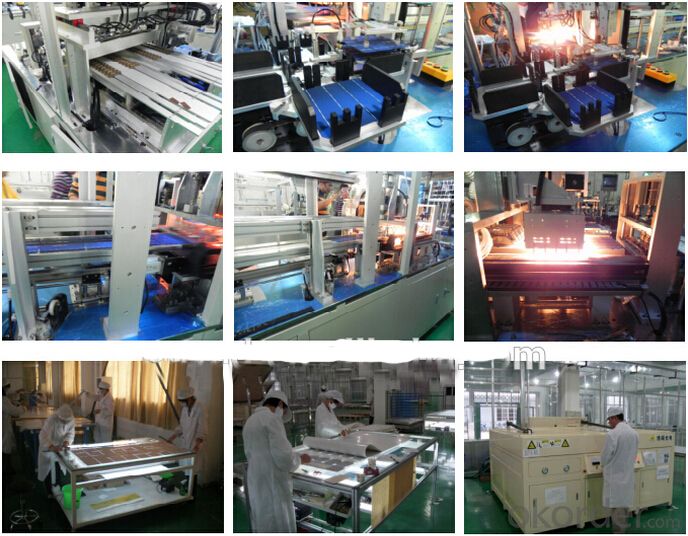
3.The Pictures of Solar Panels
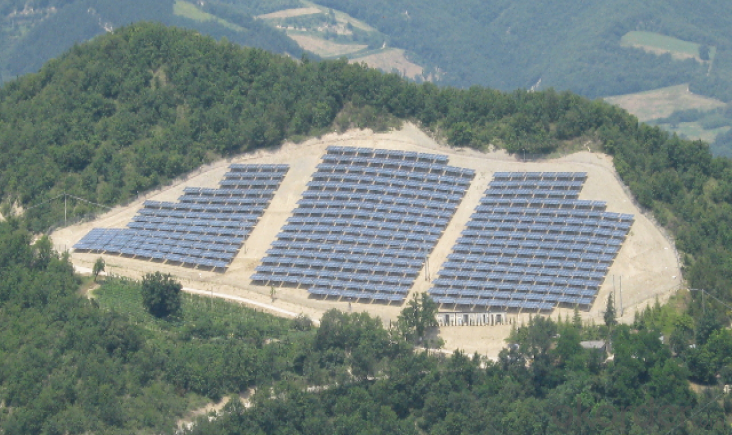
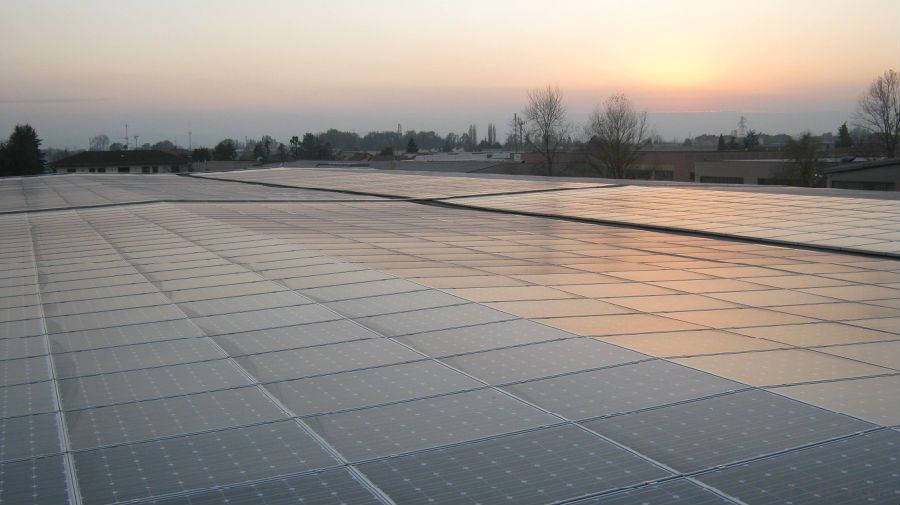
4.Packing
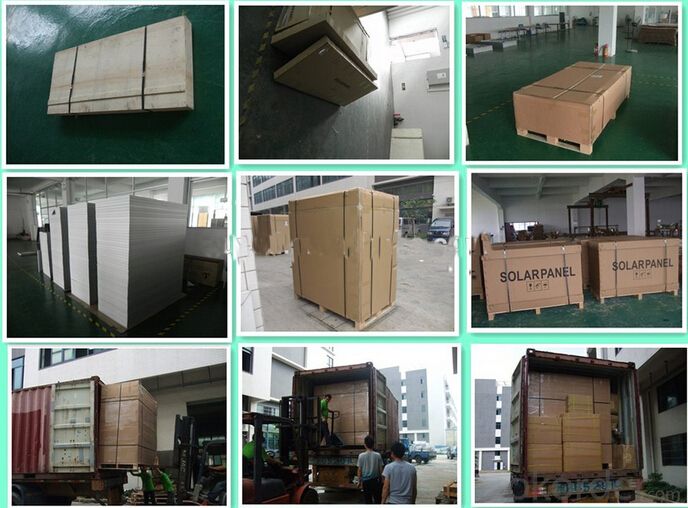
5.FAQ
1). How to buy?
Contact with the talking button.
2).Can you do OEM for us?
Yes, we can.
3). How long can we receive the product after purchase?
In the purchase of product within three working days, We will arrange the factory delivery as soon as possible. The perfect time of receiving is related to the state and position of customers. Commonly 7 to 10 working days can be served.
4). Can we visit your factory?
Sure, welcome at any time is believing.
- Q: What size of system would I need to get if I use on average 500 kilowatt hrs a month I would like to do a tie in grid system I live in the states south central area of States any info or links to sites would be wonderful I am interested in this type of energy soure thank you
- I think if you have the land have a solar array on your land. Putting on the house could cause it to collapse! 400 kilowatts per week is a huge usage. Turn some stuff off and don't leave the entertainment stuff on standby. Fill empty spaces in your freezers with blocks of polystyrene and be sensible with usage.
- Q: Can solar panels be installed in areas with high pollution levels?
- Yes, solar panels can be installed in areas with high pollution levels. While pollution can reduce the efficiency of solar panels to some extent by blocking sunlight, they can still generate electricity even under such conditions. Regular maintenance and cleaning can help mitigate the impact of pollution on the performance of solar panels, making them a viable option even in areas with high pollution levels. Additionally, installing solar panels can help combat pollution by promoting the use of clean, renewable energy sources.
- Q: Can solar panels be used in areas with high levels of snow or ice?
- Yes, solar panels can be used in areas with high levels of snow or ice. However, the efficiency of solar panels may be reduced during these conditions. Regular maintenance and snow removal are necessary to ensure optimal performance. Additionally, tilted solar panel installation and using anti-reflective coatings can help minimize snow accumulation.
- Q: Can solar panels be used to power a greenhouse?
- Yes, solar panels can be used to power a greenhouse. Solar panels produce electricity by converting sunlight into energy, which can then be used to power various devices and systems, including heating, cooling, lighting, and ventilation in a greenhouse. This renewable energy source helps reduce reliance on traditional power sources and can provide a sustainable and cost-effective solution for powering a greenhouse.
- Q: i would like to hook up a power outlet to a solar panelmy light system is 500watts will run for 8 hours/day between noon to 8PM.So what is the most effective system do I need?
- You CANNOT directly hook up anything to your solar panel that is ac as your solar panel is dc. You need several things in order to make it work correctly. I have put up a small diagram of how basic solar works and have included a link below where you can see it. Then if you have further questions, I will be more than happy to answer them for you if I can. Thanks Rock
- Q: Can solar panels be installed in a shaded area?
- Solar panels can still be installed in a shaded area, but their efficiency will be significantly reduced as they rely on direct sunlight to generate electricity.
- Q: Is there a material that is capable of absorbing enough UV radiation to make it worth using as a flexible solar cell?Not flexible as in aluminum, but a material such as plastic (polycarbonate).
- Homemade okorder /
- Q: Can solar panels be installed on warehouses or industrial facilities?
- Yes, solar panels can definitely be installed on warehouses or industrial facilities. In fact, these large commercial buildings often have ample space on their roofs or surrounding areas, making them ideal locations for solar panel installations. By harnessing renewable energy from the sun, warehouses and industrial facilities can reduce their reliance on traditional energy sources, lower their electricity costs, and contribute to a more sustainable future.
- Q: I'm thinking of getting a solar panel for my house to help cut back on power use (I live in New Mexico). What sort of appliances can I run on a watt solar panel? Is it worth it to get a single watt panel or is it more efficient to get a multi-watt panel?
- You can run a lot of things. If you set the system to charge batteries when you are not using anything, they will charge effectively. You can use the system for lighting, LED lighting direct from the battery power is most effient since LEDs are low voltage devices with a very long life span. I replaced a 2 tube flourescent trough with four 5Watt PowerLEDs for example, While I have it on 20VAC at the moment, I can move it to 2 VDC power with ease, and had set it up to run initially on 2 volt sources. There are also many 2 volt appliances as well. You can even convert some of those all in one stereo systems to operate on 2 volts by eliminating the power supply. You will actually use less power by doing so. You will not be able to blow the shingles off the roof unless you add a Class D amplifier to the output, but for most listening, the output is adequate. Some small TV's these days can be run from 2 volt sources, if not directly, then with a buckboost inverter for a laptop. The small TVs only draw about 30 to 45 Watts. Skip the idea of using an inverter, they are not efficient at small loads, and represent additional load on the system. So with a little bit of planning, you can run a lot from that 60 Watt system. You can at least take some bite out of the electric bill for mundane lighting. You can also use them to keep power up on a battery system for lighting in a remote barn. The uses are only limited by your imagination and creativity.
- Q: i also need to know how does a solar panel work
- When sun light reaches solar panels, it releases electrrons to make an electric current. They are made od silicon or germanium which has this property. Photons in the sun light when hit on semiconductor like silicon, releases electrons o make the current flow.
Send your message to us
Buy Home Solar Panels - UL and TUV Approved High Efficiency 65W Mono Solar Panel
- Loading Port:
- Shanghai
- Payment Terms:
- TT OR LC
- Min Order Qty:
- 10000 watt
- Supply Capability:
- 20000000 watt/month
OKorder Service Pledge
OKorder Financial Service
Similar products
Hot products
Hot Searches
